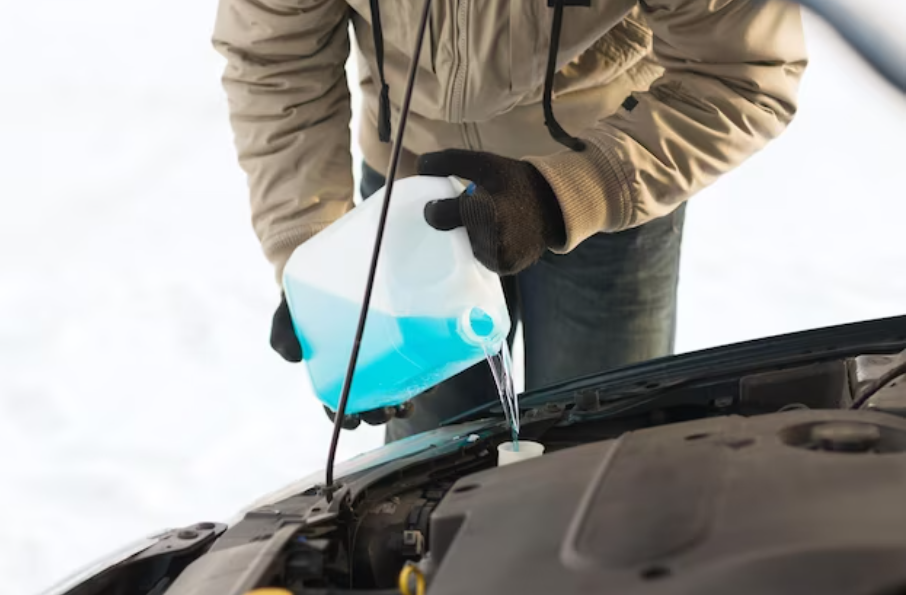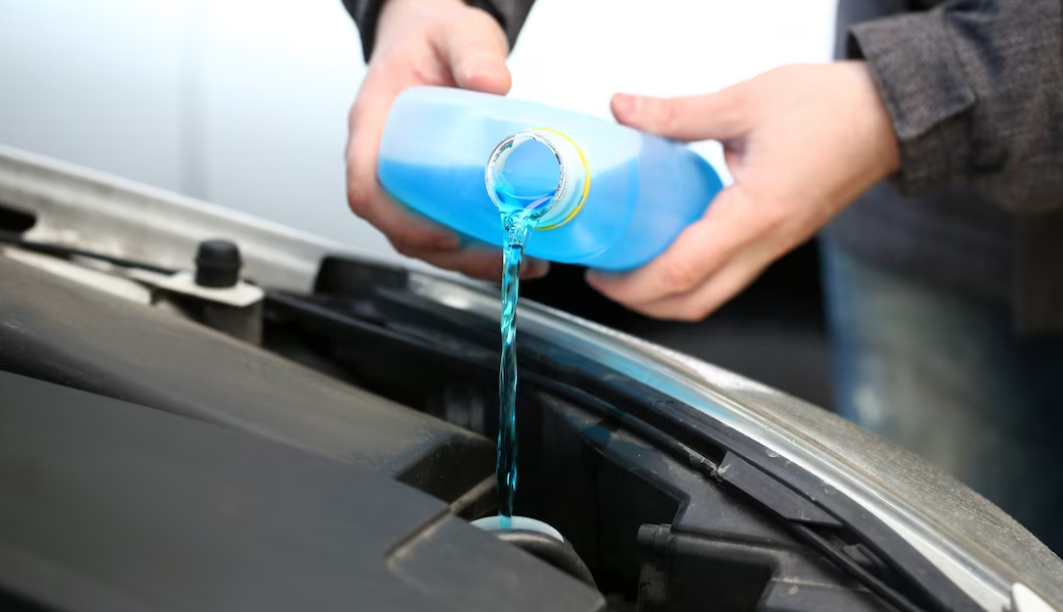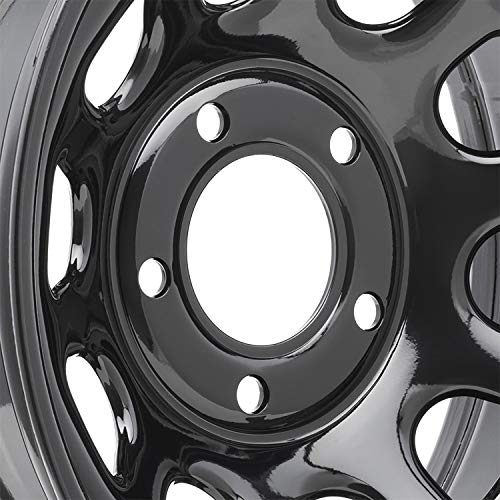How to Properly Dispose of Antifreeze
Engine coolant, commonly referred to as antifreeze, plays a crucial role in ensuring the proper functioning of your vehicle. Nevertheless, it poses potential harm to humans, animals, and the environment if not handled and disposed of correctly. Below is a detailed guide outlining the safe and responsible methods for disposing of antifreeze.

What is Antifreeze?
Antifreeze serves as a liquid coolant to control your car engine's temperature, preventing overheating in summer and freezing in winter. Typically, it contains ethylene glycol or propylene glycol, both of which can be harmful if ingested by humans or animals due to their toxicity.

Inadequate disposal of antifreeze has the potential to cause significant environmental damage. If poured into drains or onto the ground, it may pollute water sources, endanger wildlife, and present a risk to pets and children, given its sweet taste.

Step 1: Gather the Antifreeze
Safely extract the antifreeze from your vehicle into a clean, leak-proof container. Always use protective gloves and eyewear to avoid accidental skin or eye contact.
Step 2: Secure the Container
Once all the antifreeze is collected, tightly seal the container to prevent any inadvertent spills or leaks during transportation.
Step 3: Proper Storage
Keep the sealed container in a cool, dry place, away from the reach of children and pets, until you are prepared to dispose of it.
Step 4: Locate a Nearby Recycling Center
Check online resources or contact your local government's waste management department to find recycling centers or hazardous waste facilities that accept used antifreeze.
Step 5: Transport the Antifreeze with Care
When ready to dispose of the antifreeze, transport the securely sealed container to the recycling center. Ensure it is stably placed in your vehicle to prevent spills during transit.
Step 6: Adhere to Recycling Center Guidelines
Upon reaching the recycling center, follow their specific instructions for disposing of the antifreeze. They may have designated areas or specific protocols for handling hazardous materials.
-
Are there any alternative disposal methods for antifreeze?
The preferred approach is recycling. In the absence of recycling options, get in touch with your local authorities for advice on appropriate disposal methods.
-
What precautions should I take during antifreeze disposal?
When dealing with antifreeze, be sure to wear protective gloves and eyewear at all times.
Read more review here: Top 10 Garage Parking Aids For Stress-Free Parking




.png)












